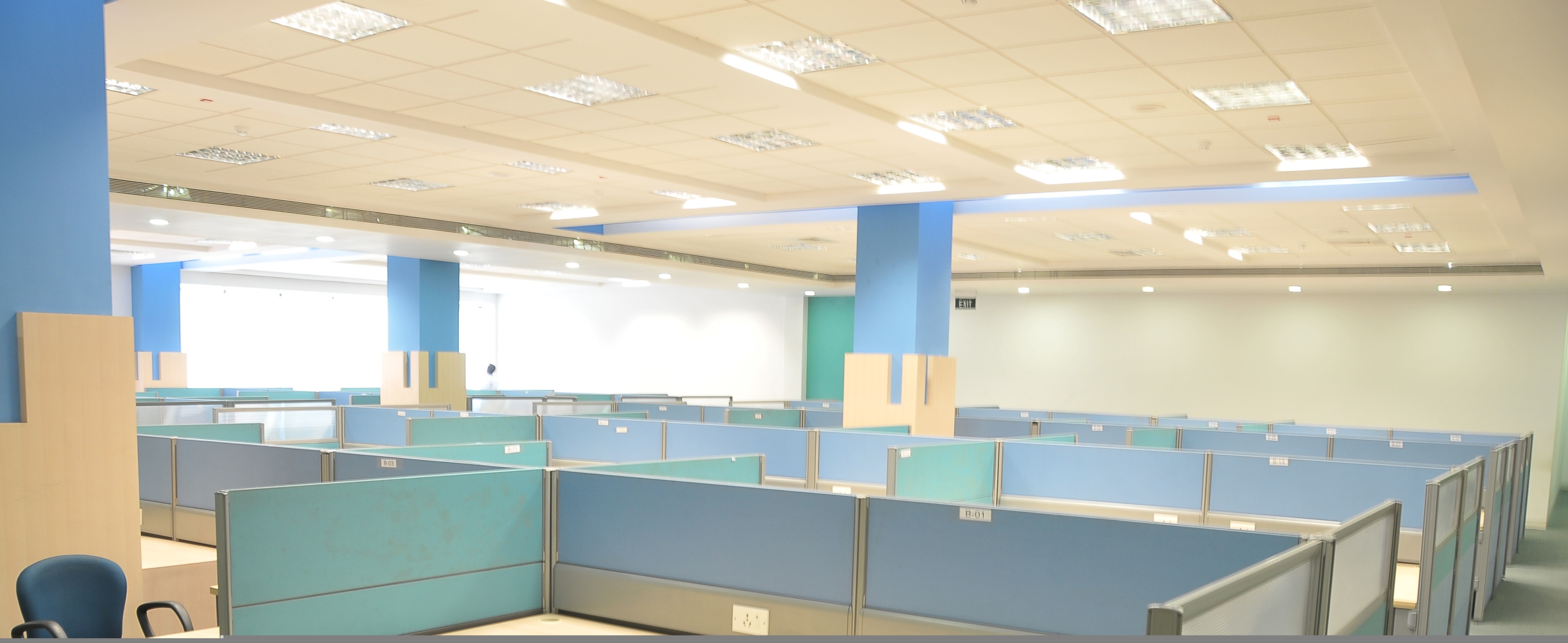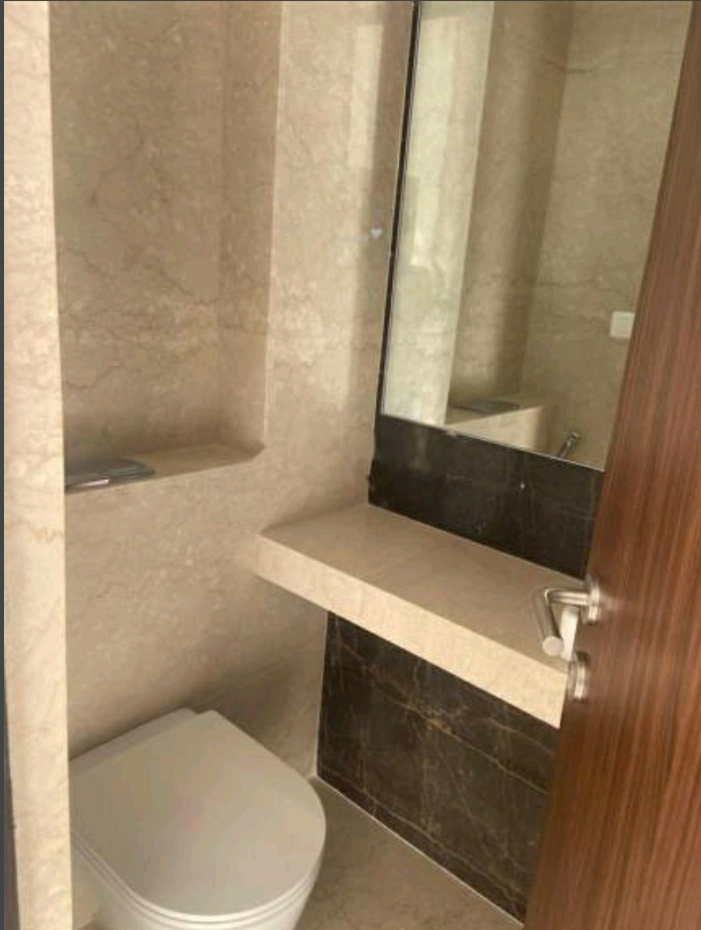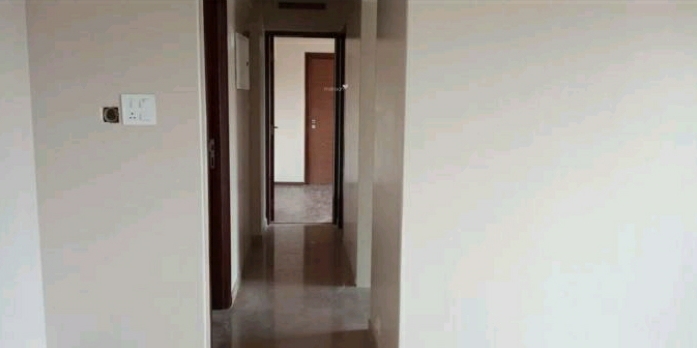This following list of comprehensive packing tips for Mumbai and the entire Metro cities and is intended primarily for long-distance moving. Local moves will require less preparation.
The two main basic principles of packing are:
- Everything that fits in a box should be in a box.
- If you can move it, so can we.
Here are item-by-item suggestions:
Bedding – We can pack your mattresses and box springs in clean mattress cartons for a small additional charge. If you choose not to have them packed in cardboard cartons, they can be wrapped in plastic as well. You can also leave the fitted sheets on for some added protection.
Blankets and Pillows – Larger cartons are used to pack these items or you may pack them into furniture drawers.
Books – Books should be packed tightly in a small carton that can be sealed or tied. Wrap valuable books individually. Do not pack above the top edge of the carton. Loaded cartons should weigh no more than 30-35 pounds each. Remember, if you can move them, so can we!
Clothing Hanging clothes – NJ Relocations packer and mover offers wardrobe cartons that allow hanging clothing to remain hanging inside the carton and arrive wrinkle free at your new home – a portable closet. We can rent the wardrobes cartons for your use the day of the move or you can purchase them if you need them for multiple days and/or want to keep them. If you do not choose these cartons, you could pack the dry cleaned articles in suit carriers (suitcase) or use a large carton to fold them once.
Clothing in drawers – Normally, it is okay to leave lightweight clothing that is already in furniture drawers there for the move. We will shrinkwrap the dresser to make sure the drawers remain closed.
Other clothing items – All clothing must be packed into cardboard or plastic bins for shipping. Do not use plastic bags since the loading crew needs to stack the various items in the moving van.
Clocks Grandfather or Grandmother Clocks – A professional clock serviceman should be engaged to remove the pendulum and secure the works for shipping. If you choose to service the clock yourself, remove the pendulum and secure it tightly to the inside of the clock frame for maximum protection. Pack the weights in small cartons and mark accordingly.
Wall Clock and Mantle clock – If the clock is valuable, a professional clock serviceman should be engaged to prepare for shipping and packing. Otherwise, you should remove the pendulum or batteries and pack in the correct size carton. Anniversary Clock Secure the small wire and globe for safe handling.
Furniture Drawers – You may pack lightweight items such as blankets, pillows, cushions, and other small articles in single dresser drawers. Double and triple dresser drawers should be empty for moving since they are very heavy. Remove all liquids, breakables, firearms, and other miscellaneous items from furniture drawers for a safe move.
Food – Dispose of food in open containers that might spill while being packed or during the move. Perishable food should never be stored or shipped. We are not responsible for damage done by spilling food.
Fragile Articles Breakables – Sets of china, stemware, glassware, vases, cookie jars, small pictures, and other breakables items should be wrapped very carefully and individually. They should be packed in the strongest carton for maximum protection. Sometimes, it is a good idea to pack these fragile items into a smaller carton and then pack that carton inside the larger carton. This allows the best protection for shipping. Toilet paper could be used on the very small and pointed items first and then the normal wrapping paper should be used to finish the protection or wrapping before packing into a carton. Remember, china / flat glass is strongest when it is properly wrapped with packing paper and stood upright in the carton.
Kitchen Cookware Kitchen Utensils – All kitchen utensils should be cleaned and dry before packing. Use tape to cover very sharp edges and pack in such a way to keep the point from piercing packing carton or plastic bin. Packing knives and other sharp objects in Tupperware or a metal baking dish is a very safe way to keep the points from piercing the carton while being moved.
Pots and Pans Countertop Appliances – All pots and pans should be cleaned and dried before packing. Pack heaviest pots or pans on the bottom of carton and then pack the lighter pots or pans near the top. Use a medium size carton since they can become heavy. Wrap each item with paper before placing into carton.
Countertop Appliances – All countertop appliances should be cleaned and dried before packing. Use extra packing paper to protect legs, knobs, and glass containers. Use a medium size carton since these items are normally heavy.
Lamps Table Lamps – Remove the finial and lampshade from the base. It is usually best to reattach the finial to the metal bracket and remove the bracket from the lamp base for safe packing. Wrap the lamp base in several layers of packing paper for maximum cushioning. Pack the lamp base in a heavy-duty carton with some height. It is best to pack the lamp base inside the carton on its base, standing up.
Lampshades – Pack the lampshade in another carton from the lamp base. If the sizing is okay, you could safely pack several lampshades together in the same carton. Place packing paper between each shade to protect the fabric. Do not wedge into the carton.
Floor Lamp – Remove the finial and lampshade from the top of the floor lamp. It is usually best to reattach the finial to the metal bracket and remove from the top of the floor lamp. If possible, disassemble floor lamp and pack in a carton for safe moving. The more valuable floor lamps will not come apart but they usually have a very strong frame.
Linens – Pack table and bed linens in strong cartons, plastic bins or trunks lined with clean paper. Do not use old newspaper for packing paper since the ink will smear or dis-color.
Liquids – Bleaches, oil (cooking and motor), LPG tanks, gasoline products, pressurized containers (hair spray, etc), and other related items are not accepted by the Mover for shipping. They should be safely discarded. Some products may be considered Hazardous Material by Public Safety laws. Matches and batteries should be moved by the Owner, too.
Motorized Items Yard Equipment – Riding mowers push mowers, weed eaters, and other motorized equipment should be cleaned and dry before shipping on the moving van. It is a good idea to drain the oil, fuel, and other liquids from these items before shipping. If draining these liquids is not possible, wrap with plastic to keep the fluids from spilling or leaking in the moving van. Be sure to leave an air hole at the top.
Automobiles and other vehicles – All vehicles should have no more than an eighth of a tank of fuel for shipping. Tires need to be at the manufacturers set limits and in good shape. Brakes should be operable for safe handling on and off the moving van. Copy of the title is not required on intrastate moves. Sometimes, a roll back truck is engaged at additional costs to load and unload unsafe or very heavy vehicles from the moving van.
Pictures, Mirrors and Paintings Larger pictures, mirrors or paintings – It is always the safest method of packing to pack larger pictures, mirrors or paintings individually in a specialized carton (mirror carton). If you choose not to use the specialized carton, wrap the large picture, painting, or mirror in a blanket or other type of heavy material and tie or tape the covering very tight. Very valuable oil paintings or other pictures should be crated for safe handling.
Smaller Pictures – The small or medium size pictures should be individually wrapped and packed in a strong and secure container (plastic bin or cardboard). Placing smaller pictures in between the folds of linens in furniture drawers will work, as a safe method of moving if does not create excessive weight in the furniture item.
Stereo and Computer Media and Equipment CD discs, vinyl albums, tapes, other media – The best method of packing these items is to stack on its end inside the container (plastic bin or cardboard) in layers. Use paper to protect covers and to cushion the layers. Do not exceed 25-35 pounds per container. The Owner should move very valuable items personally and in a climatic controlled environment.
Stereo Equipment – Original cartons that were designed by the manufacturer should always be used for the maximum protection of all stereo equipment. The Styrofoam material is custom fitted and allows the best possible protection during shipping.
Computer Systems – The original manufacturer shipping container should always be used to secure computer equipment for safe handling. If the original carton is not available, wrap each unit in heavy-duty paper or cloth to cushion and pack inside a strong container (plastic bin or cardboard). All software should be downloaded and moved personally by the Owner. The toner should be removed from printers to eliminate possible spillage of the powdered ink.
Rugs Oriental rugs – A professional appraisal firm should appraise very valuable rugs and a copy of the appraisal should be presented to our office for proper coverage if you choose additional valuation coverage. These rugs should be tightly rolled with a heavy-duty cardboard cylinder. If this is not possible, the rug should be wrapped tightly and wrapped in heavy duty brown paper for added protection.
Area and other rugs – All rugs should be tightly rolled and secured for ease of handling during the move. If rugs are to be laid at the new home, inform Mover to load last and unload first. Remove all tacks or other sharp items.
Silverware – Place all silverware in the original carton, if possible. If original cartons are not available, wrap each item in tissue paper or cloth (brown flannel) or soft paper. Pack in a small carton and then pack in a larger carton or plastic bin for maximum protection. Create a detailed list of the silverware and present it to our office for proper coverage if you select additional valuation coverage.
Valuables – You should remove and secure all jewelry, watches, money, legal documents, software disc, stamp collections, birth certificates, liquor, hard-drive data, and other valuables. If moved on the moving truck, we cannot be responsible for such items. You should keep these items in your possession at all times until safe and secure in your new home. Should you decide to do all or part of your own packing, you should do so with care. Use good strong containers with secure tops (plastic bins or cardboard). You may obtain these containers at many retailers or from us. You will save money by doing your own packing, however, on “Owner-packed containers” We cannot be responsible for the condition of the contents, however, we are responsible for the condition of the carton.
Appliance Moving – It is your responsibility to see that all mechanical, electrical or electronic equipment is properly serviced (unhooked and prepared for moving) for shipping prior to the arrival of the moving van and crew. Appliance servicing is at your expense. Disconnections of these appliances and the re-connection should be arranged with an authorized appliance dealer or a third party appliance firm that specializes in appliance servicing for relocations. We may perform a limited level of appliance service to disconnected it from its source (electrical, water or gas). If we do disconnect or re-connect appliances from their connections, leaks are always possible and we cannot assume any risk or liability for leaks. In addition, there may be some local codes that may affect the connections of appliances. Remember, for safe moving of those appliances needing disconnection service, the units should be prepared prior to the arrival of the moving van and then re-connection service for the units at destination. The unit(s) should reach room temperature before plugging in or hooking up.
Air Conditioners – If possible, disconnection of the air conditioner and the re-connection should be arranged with an authorized appliance Dealer or a third party appliance firm that specializes in appliance servicing for relocations. Sealed units should be bolted down.
Dryers – If possible, disconnection of the dryer and the re-connection should be arranged with an authorized appliance Dealer or a third party appliance firm that specializes in appliance servicing for relocations. If not, the Owner is responsible for the connections. Always check to make sure that the plugs will work in your new home. It is a good idea to replace the dryer vent hose while moving. Secure knobs with masking tape.
Freezers – If possible, disconnection of the freezer and the re-connection should be arranged with an authorized appliance Dealer or a third party appliance firm that specializes in appliance servicing for relocations. If not, the Owner is responsible for the connections. The unit (a chest or stand up model) should be allowed to dry as much as possible before loading on the van. Units must be dry for long-term storage prior to the arrival of the moving van and crew. Baking soda box or coffee (poured into a sock and tied) could be placed inside the unit for a fresh smell.
Stereo and Computer Equipment – Usually, you will un-hook all of the wiring on the stereos and the computer systems. If this is not possible, a third party firm that specializes in this level of service should be engaged to disconnect or re-connect. It is your responsibility to have this type of equipment ready for the Movers to pack or already have packed in the original manufacturers shipping containers including the Styrofoam cushioning. All valuable playing media and software should be removed and handled personally by you.
Refrigerators – If possible, disconnection of refrigerator(s) with icemakers and the re-connection of the icemaker should be arranged with an authorized appliance Dealer or a third party appliance firm that specializes in appliance servicing for relocations. If not, you are responsible for the connections. Units need to be as dry as possible and the inside shelving and trays should be secured for shipping. Baking soda box or coffee (poured into a sock and tied) could be placed inside the unit for a fresh smell. Check the height of the cabinet at you new home to make sure it is high enough. Icemaker water line should be capped off once disconnection is made. Check the icemaker connection in your new home to proper alignment and hookup. Locate the cut-off value to the icemaker.
Stoves – If possible, disconnection of the gas or electrical stove and the re-connection should be arranged with an authorized appliance Dealer or a third party appliance firm that specializes in appliance servicing for relocations. If not, you are responsible for the connections. Make sure gas lines are shut off tight and capped.
Make sure cookware is removed from drawer, if any.
Secure stove eyes and protect knobs with masking tape.
Remove all loose parts and pack carefully in a small to medium size carton.
Televisions Big Screen TVs – If possible, disconnection of big screen TV and the re-connection should be arranged with an authorized appliance Dealer or a third party appliance firm that specializes in appliance servicing for relocations. If not, it is your responsibility to make these connections.The huge screen needs to be protected by wrapping a soft cloth around the set and using cardboard to cover the screen. Use packing tape or string to keep the cloth and cardboard tight to the unit. The unit should reach room temperature before plugging in.
Plasma TV screens – If possible, disconnection of plasma TV screens and the re-connection should be arranged with an authorized appliance Dealer or a third party appliance firm that specializes in appliance servicing for relocations. If not, it is the Owner’s responsibility to make these connections. The original manufacturers original shipping container including the Styrofoam cushioning must be used for shipping. Check with us, as some Movers will not accept these units for moving. If it is not packed, we will do our best to protect it with padding, shrink wrap and cardboard. We can provide specialized cartons for flat screen and plasma type TV’s for an additional charge.
Portable and Console TVs – Modern sets require no special servicing. Unplug, wrap cord and secure to set is usually all of the pre-move work that needs to be done on these units. Protect knobs if needed with masking tape or other material
Washers Top loading and front-loading machines – If possible, disconnection of the washer and the re-connection should be arranged with an authorized appliance Dealer or a third party appliance firm that specializes in appliance servicing for relocations. If not, it is your responsibility to make these connections. The water hook up hoses and the drain hose must be drained usually in a bucket once they are unhooked from the spigots. Make sure the faucet is turned off and if possible, capped (consider using a top to a plastic bottle used for sodas or water). Movers have “washer-paks” that they will use to secure the tub while in transit for a small fee. The Owner can secure the washer by taping cardboard inside the tub between the frame and the top of the tub to secure the unit.
Contact us for a FREE Packing Estimate
We can help you with any packing question as well as provide you a free estimate for packing and moving. Call us today at 868 999 8800 to learn about our specials and how we can help with your move.











